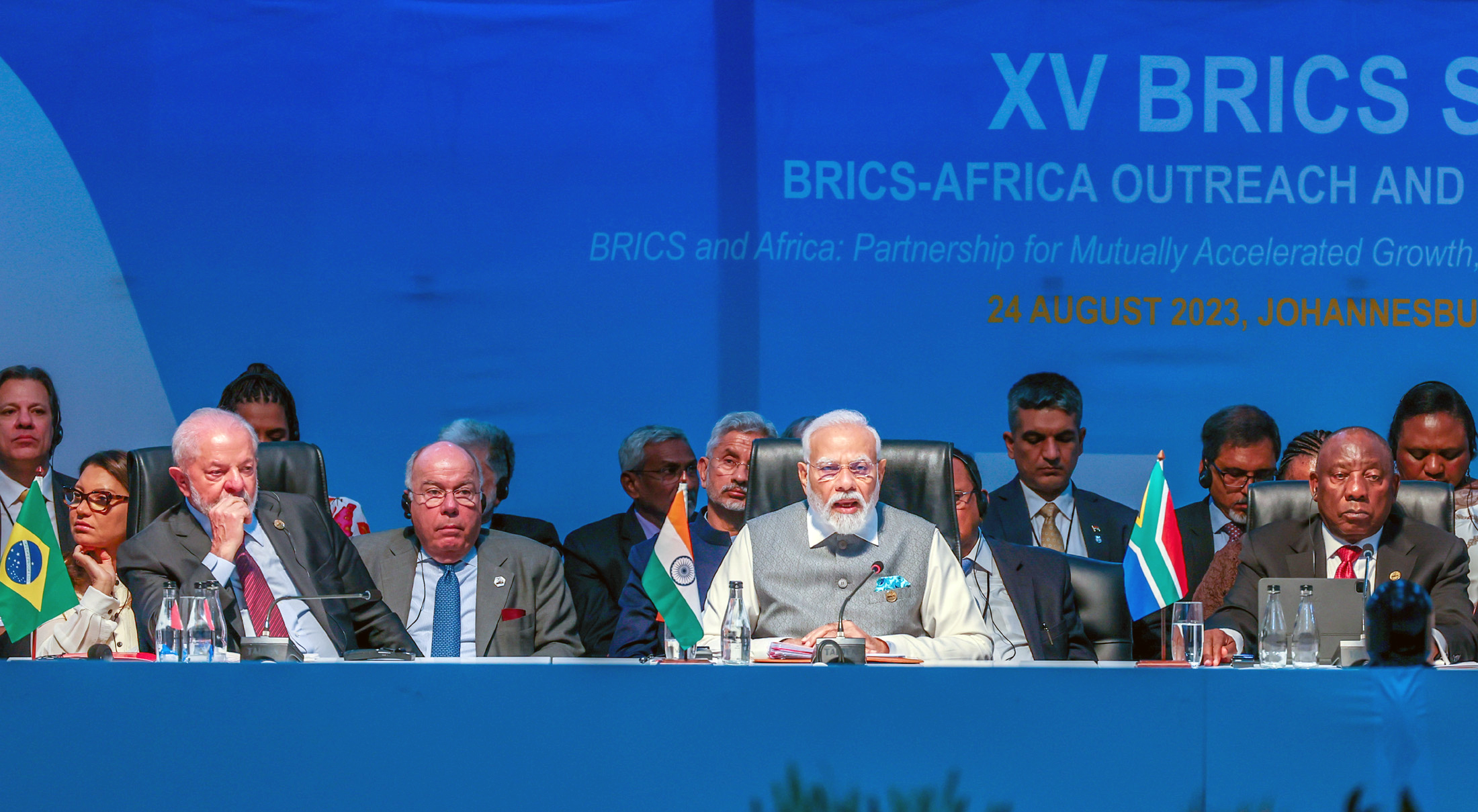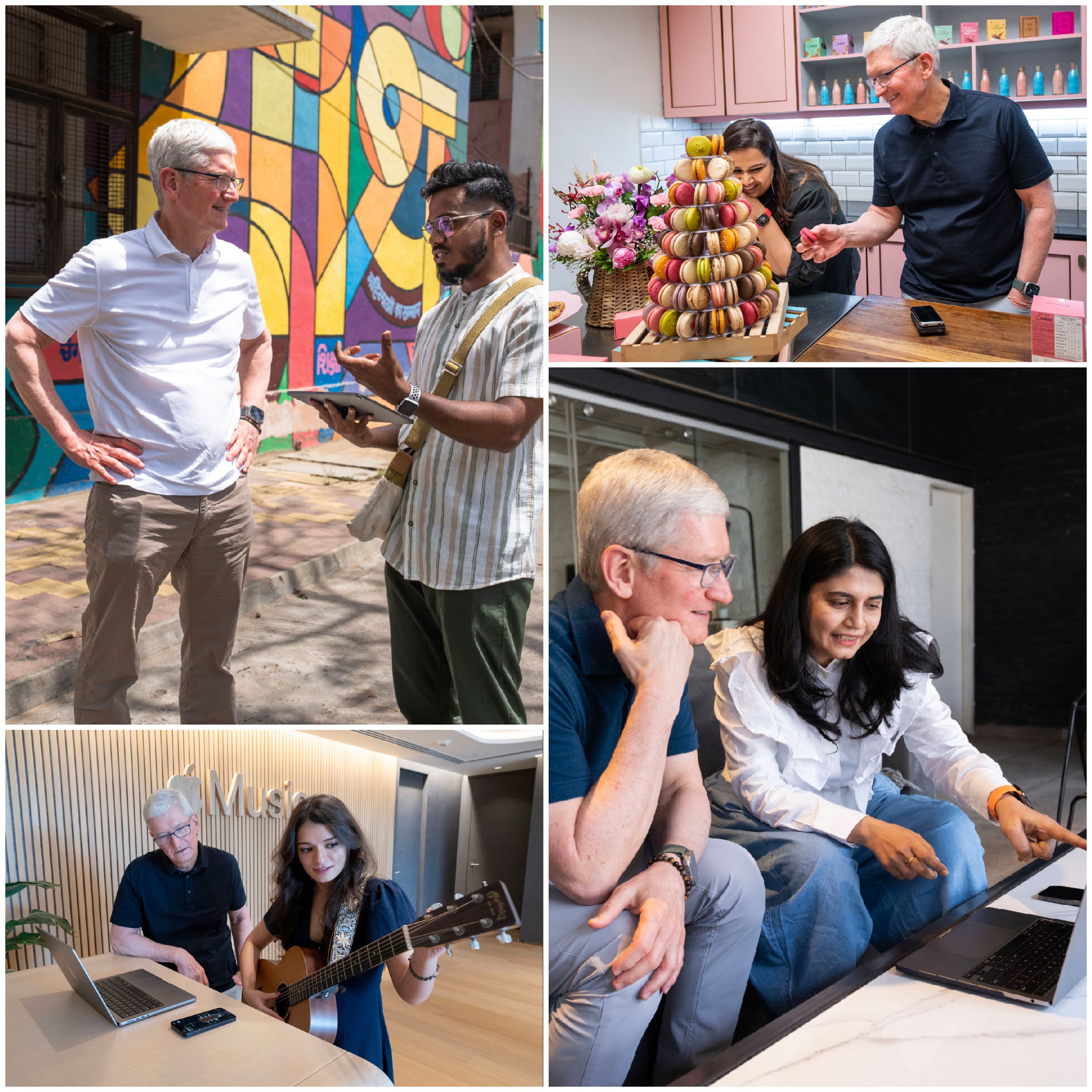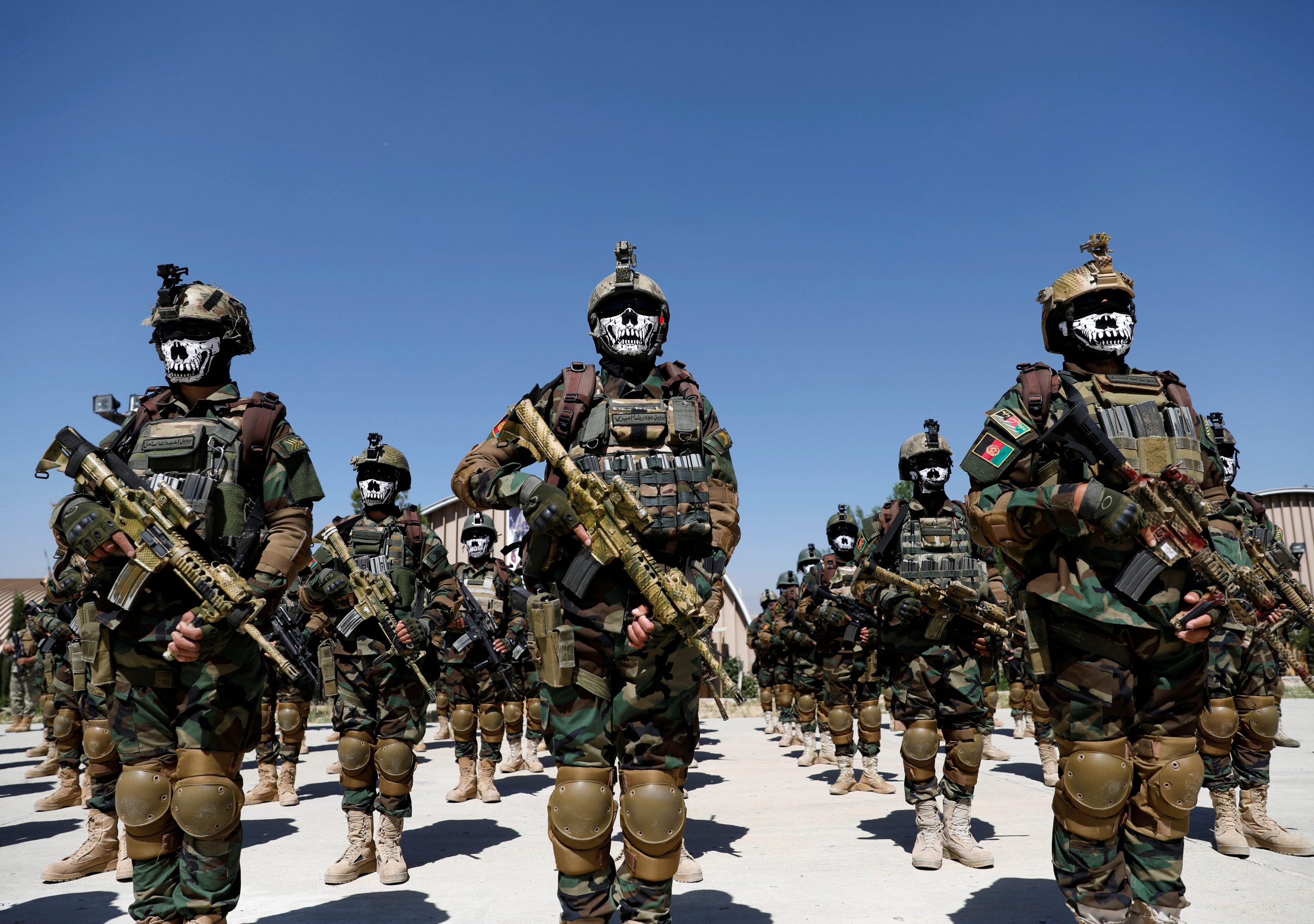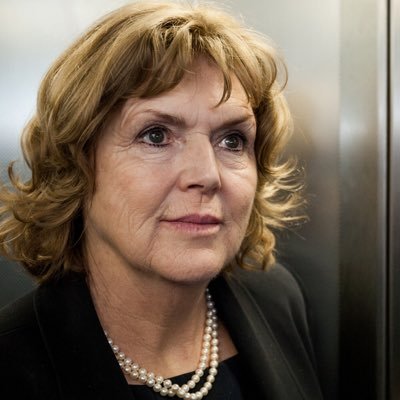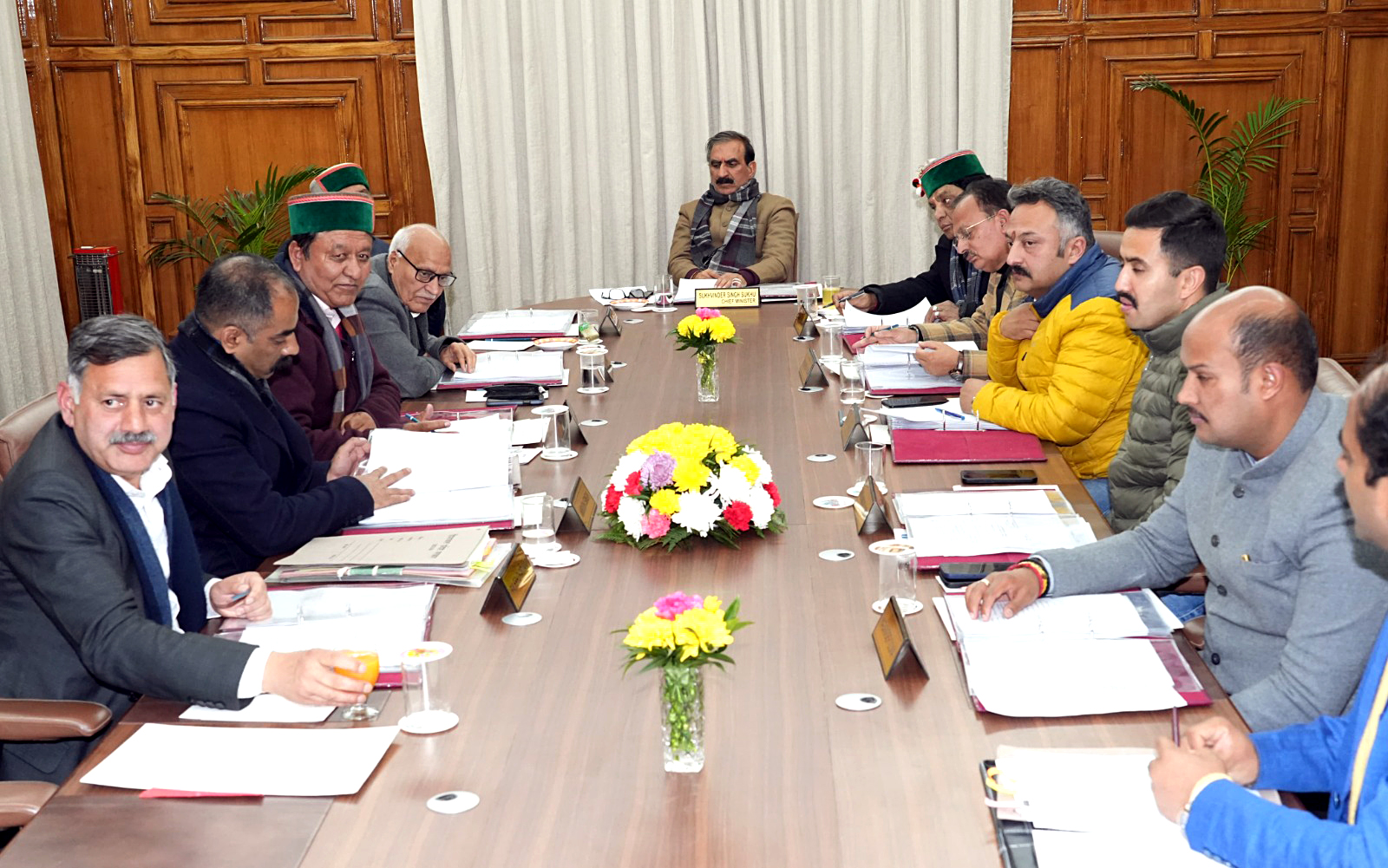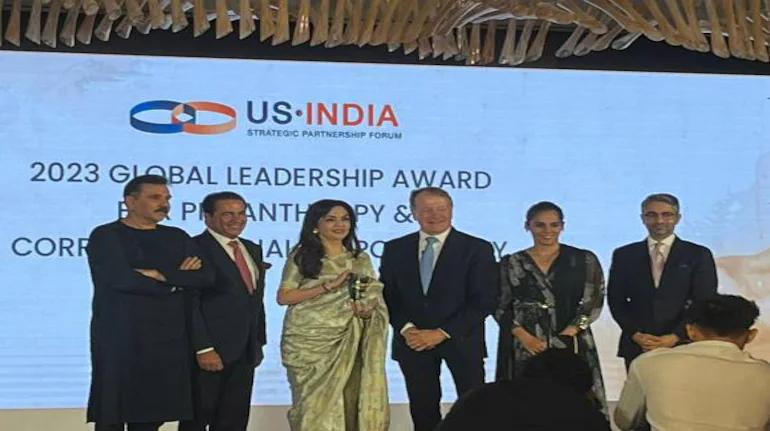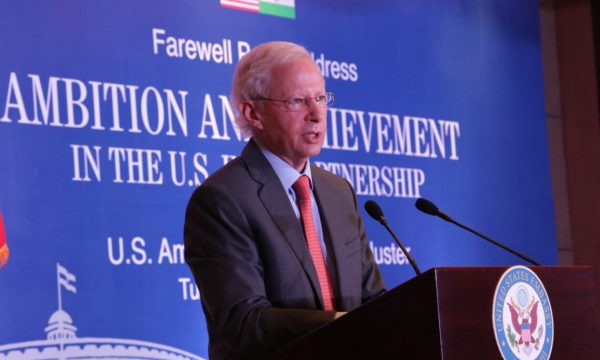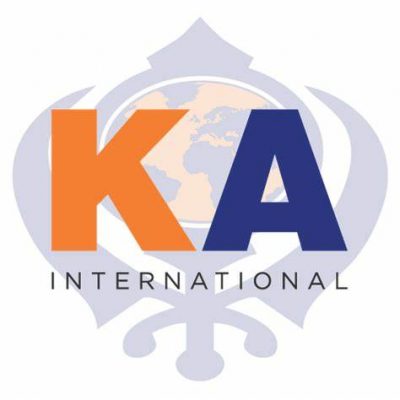The world has changed and so global governance must change with it. It must represent today’s power and economic relations, says UN chief
Our Bureau
Johannesburg (South Africa)
In a major global development, the BRICS group of nations on Thursday decided to include six new members- Argentina, Ethiopia, Egypt, Iran, Saudi Arabia and the UAE. The new membership will be effective from January 1, 2024. Leaders from Brazil, Russia, India, China and South Africa (BRICS) supported the expansion of the grouping, the first such expansion since 2010 when South Africa was inducted into the group.
South Africa’s President Cyril Ramaphosa said that Argentina, Egypt, Ethiopia, Iran, Saudi Arabia and UAE have been invited to join the BRICS as part of the first phase of expansion. With this expansion, six of the world’s nine largest oil producers are now part of BRICS.
Ramaphosa made the announcement while issuing the Johannesburg Declaration of 15th BRICS Summit.
Prime Minister Narendra Modi said that “India has always supported the expansion of BRICS and has always believed that adding new members will strengthen BRICS as an organization. President Ramaphosa, as chair of the Summit and of BRICS made the announcement in his opening statement and thereafter the President invited his counterparts and colleagues from the BRICS member states to also present their statements.
“This summit reaffirmed the importance of BRICS, people-to-people exchanges & enhancing friendship & cooperation…We adopted the Johannesburg two declarations which reflect key BRICS messages on matters of global economic, financial and political importance. It demonstrates the shared values & common interests that underlie our mutually beneficial cooperation as the five BRICS countries…” Ramaphosa said.
Also, United Nations Secretary-General Antonio Guterres on Thursday stressed on reforms in global governance, so that it represents today’s power and economic relations, and not that of 1945 when the institutions were initially formed.
Addressing a press conference at the 15th BRICS summit in Johannesburg, South Africa, Guterres emphasized that the two areas that require reforms particularly are the Security Council and the Bretton Woods system. “The world has changed and so global governance must change with it. It must represent today’s power and economic relations and not the power and economic relations of 1945. That is why I have been advocating deep reforms to make global frameworks truly universal and representative of today’s realities,” Guterres said.
He further stressed having more inclusive institutions and making sure that they reassume true universal character.
“We need more inclusive institutions at every level, including greater representation of women and young people. But all these in the context in which I believe two areas require a particularly important reform effort. One is the Security Council, the second, the Bretton Woods system,” Guterres said.
At a Ministry of External Affairs (MEA) press briefing, Foreign Secretary Vinay Kwatra said that in the BRICS summit which concluded under the presidency of South Africa in Johannesburg, Prime Minister Narendra Modi highlighted the BRICS Business Forum as one of the key pillars of intra-BRICS partnership.
Giving details, Foreign Secretary Vinay Kwatra said, “PM Modi highlighted that the BRICS Business Forum is one of the key pillars of Intra-BRICS partnership, amongst the BRICS countries”.
He added that PM also embraced the need to develop resilient and inclusive supply chains to avoid disruptions in pharmaceutical supply chains.
He further added, “He (PM) also spoke about an important element, the need to develop resilient and inclusive supply chains. We all saw during COVID-19, how the disruption in the pharmaceutical supply chains was so adversely affected. Many countries efforts to provide health security to their citizens. “
Kwatra said the PM entailed the significance of India’s growth story and the value of Intra-BRICS cooperation through the modality of the BRICS business forum.
He said, “PM touched on the aspect of what is the significance of India’s growth story, and what is its value for intra-BRICS cooperation through the modality of the BRICS business forum. The opportunities that the India Grow story presents, the value proposition that it brings whether it is in the forms of trade, technology, capital or all elements of that.”
Foreign Secretary Vinay Kwatra added, “The major outcome of the BRICS Summit is the decision of the BRICS leaders to expand its membership to include six new members, Argentina, Egypt, Iran, Ethiopia, Saudi Arabia and UAE”.
















